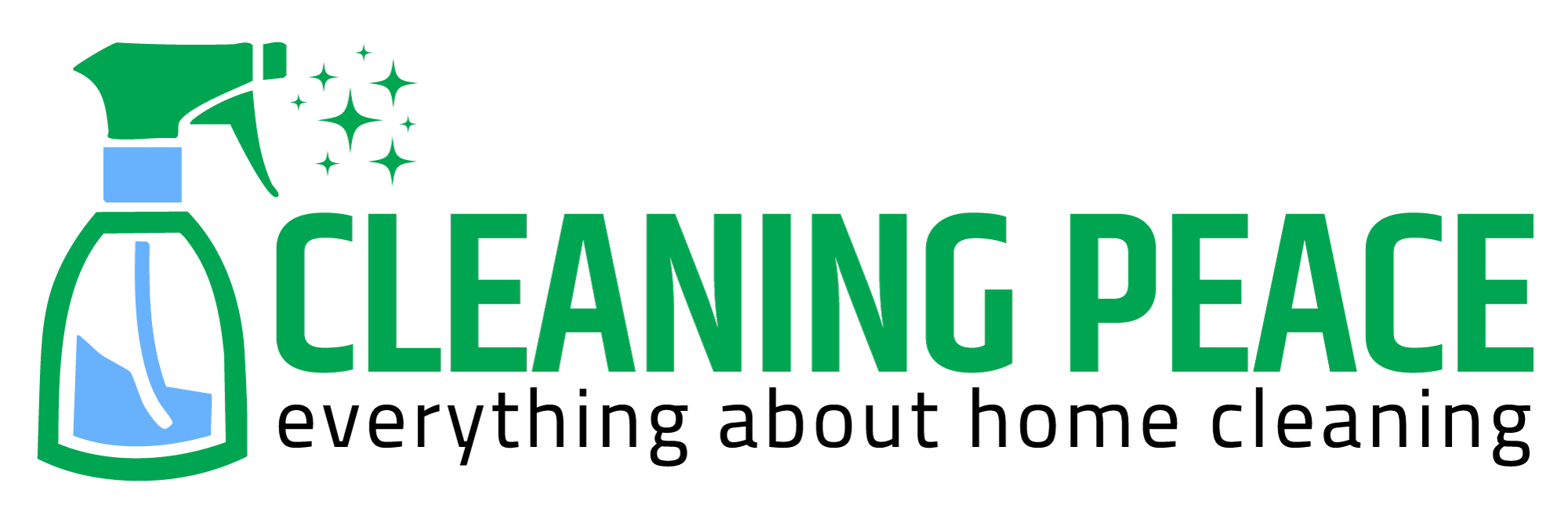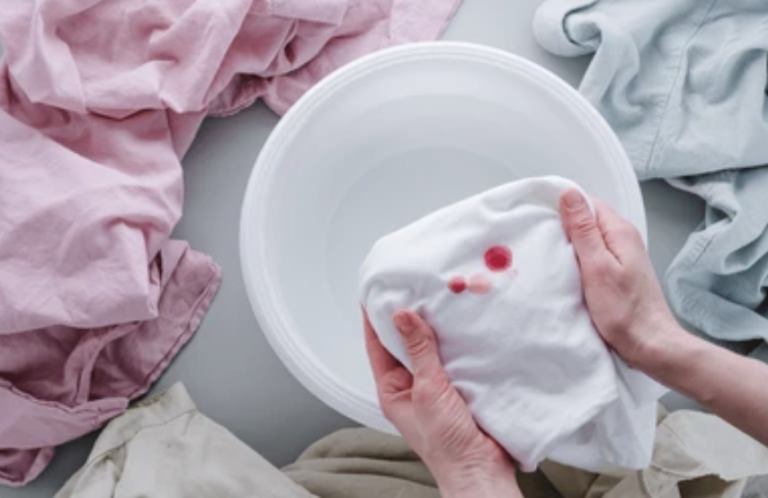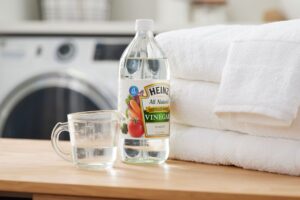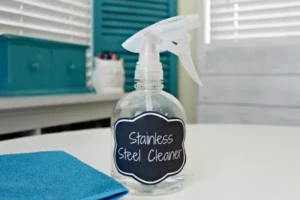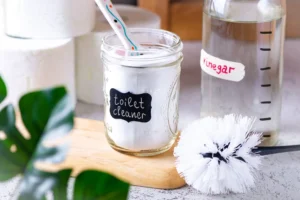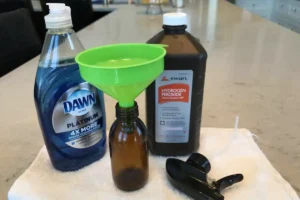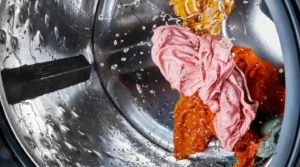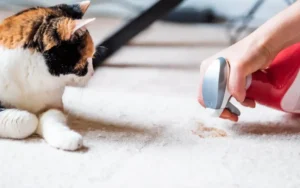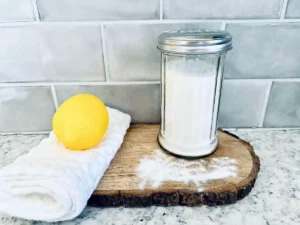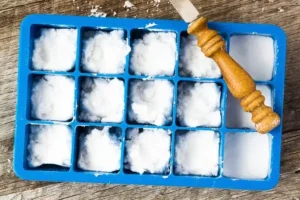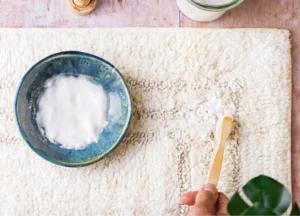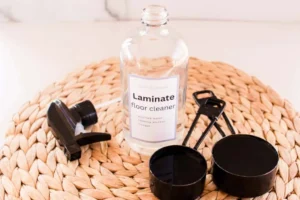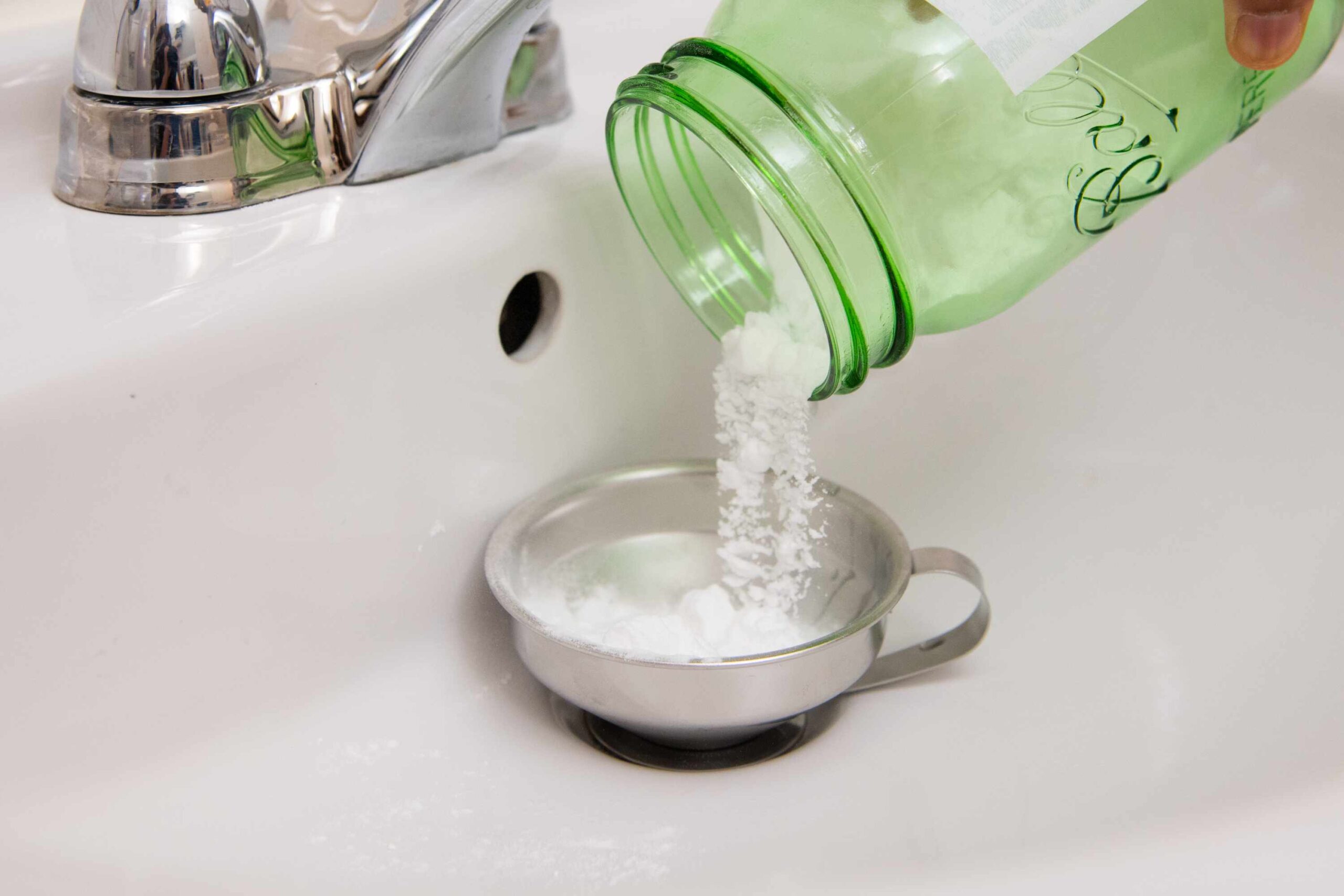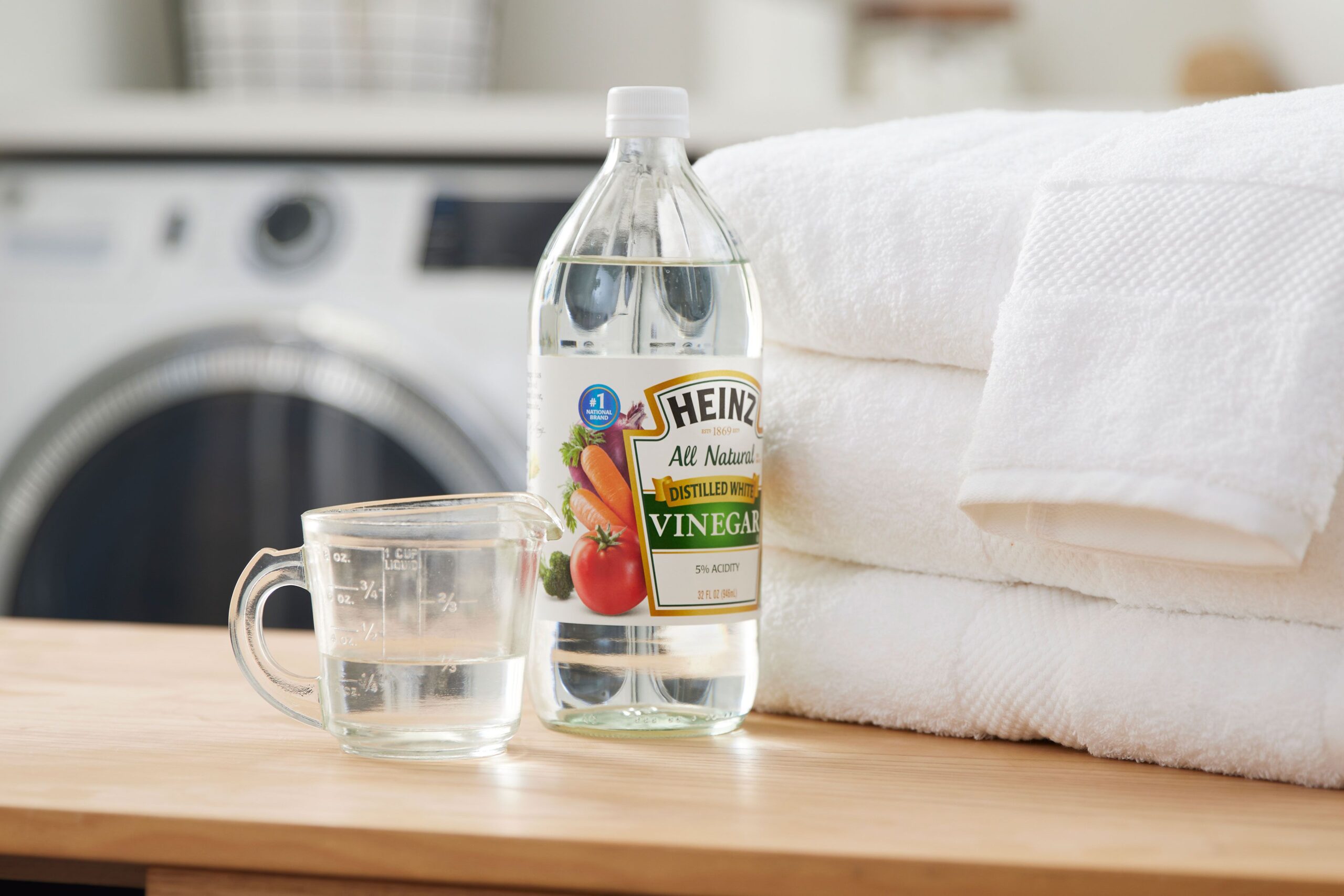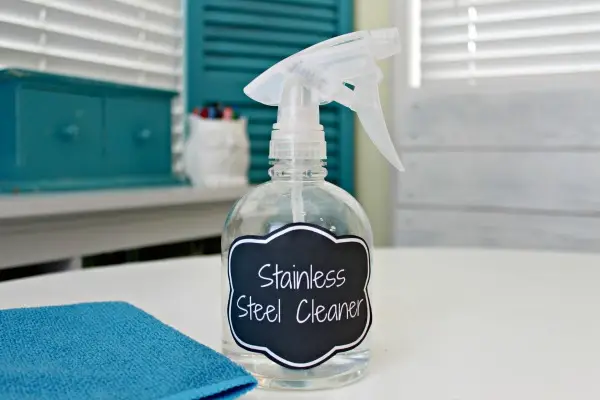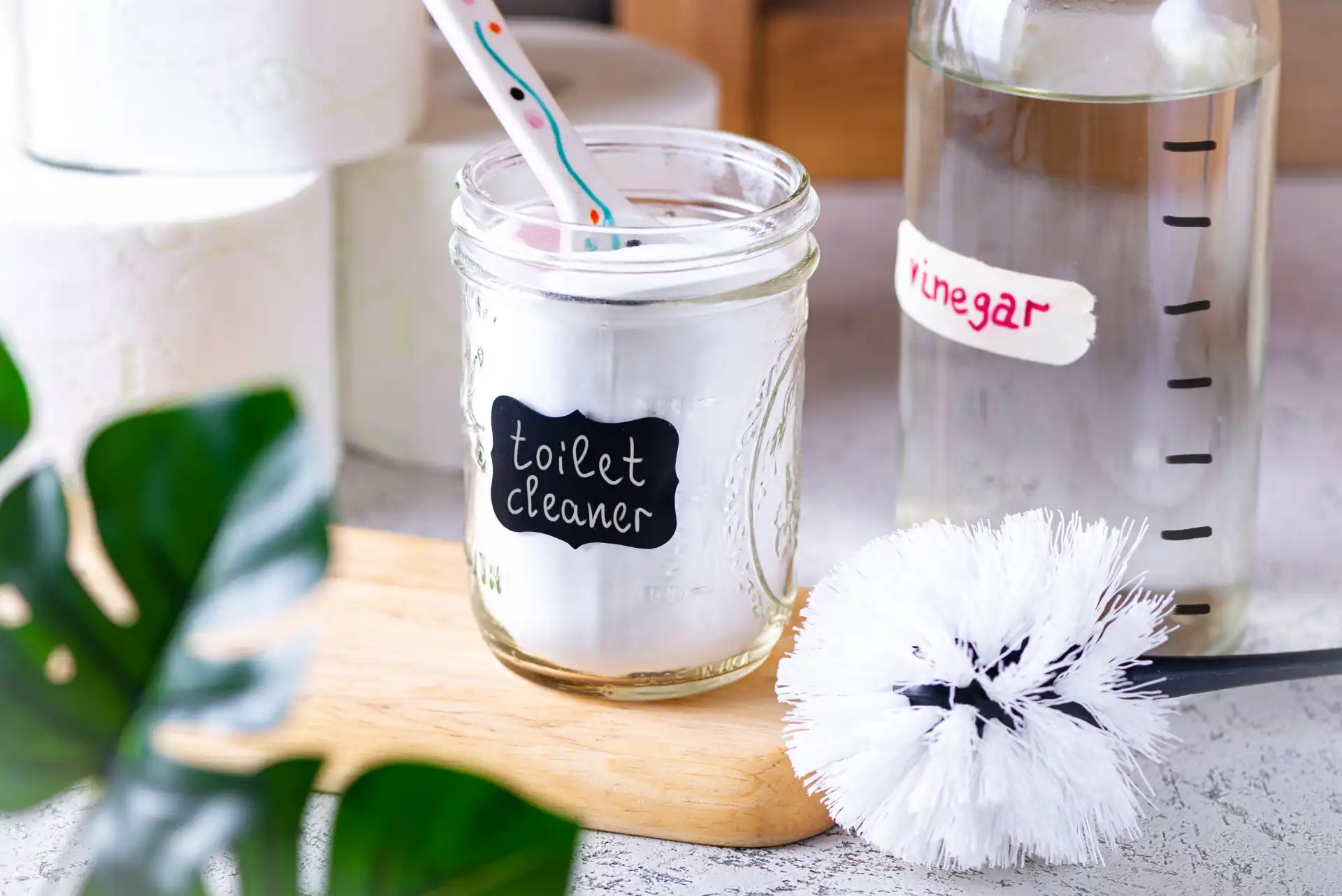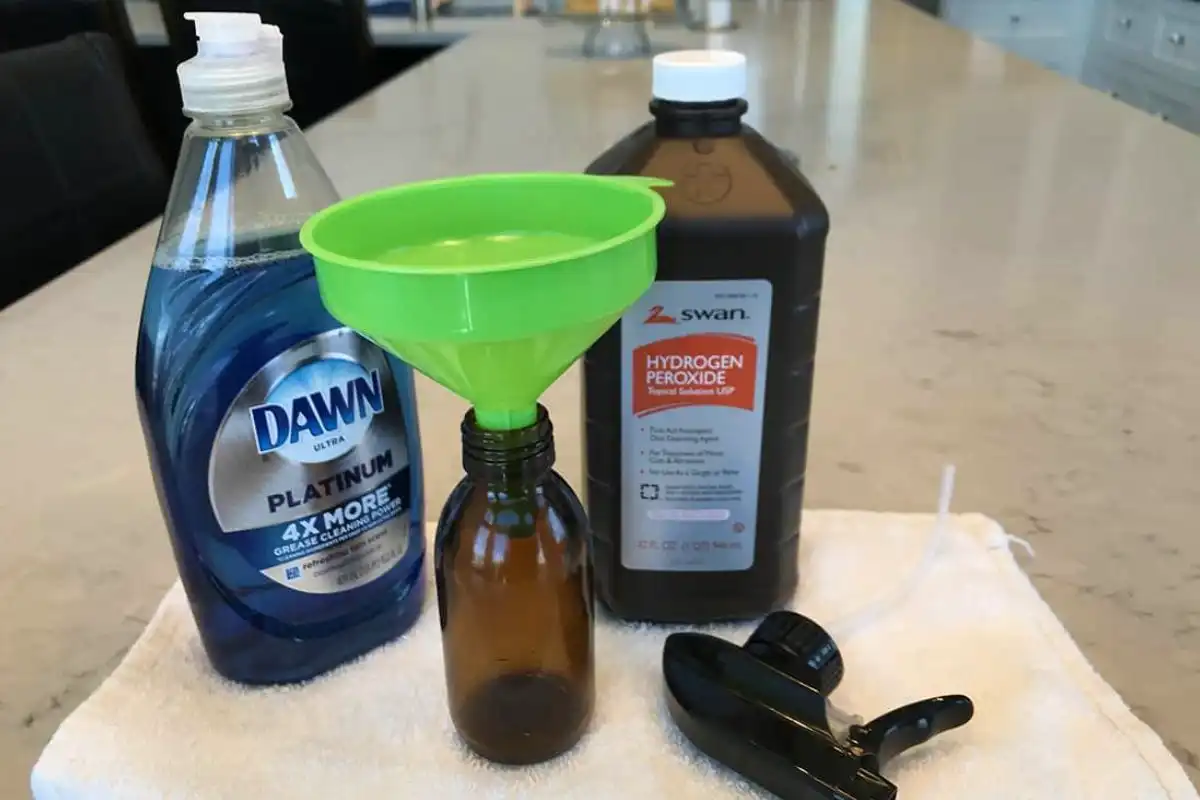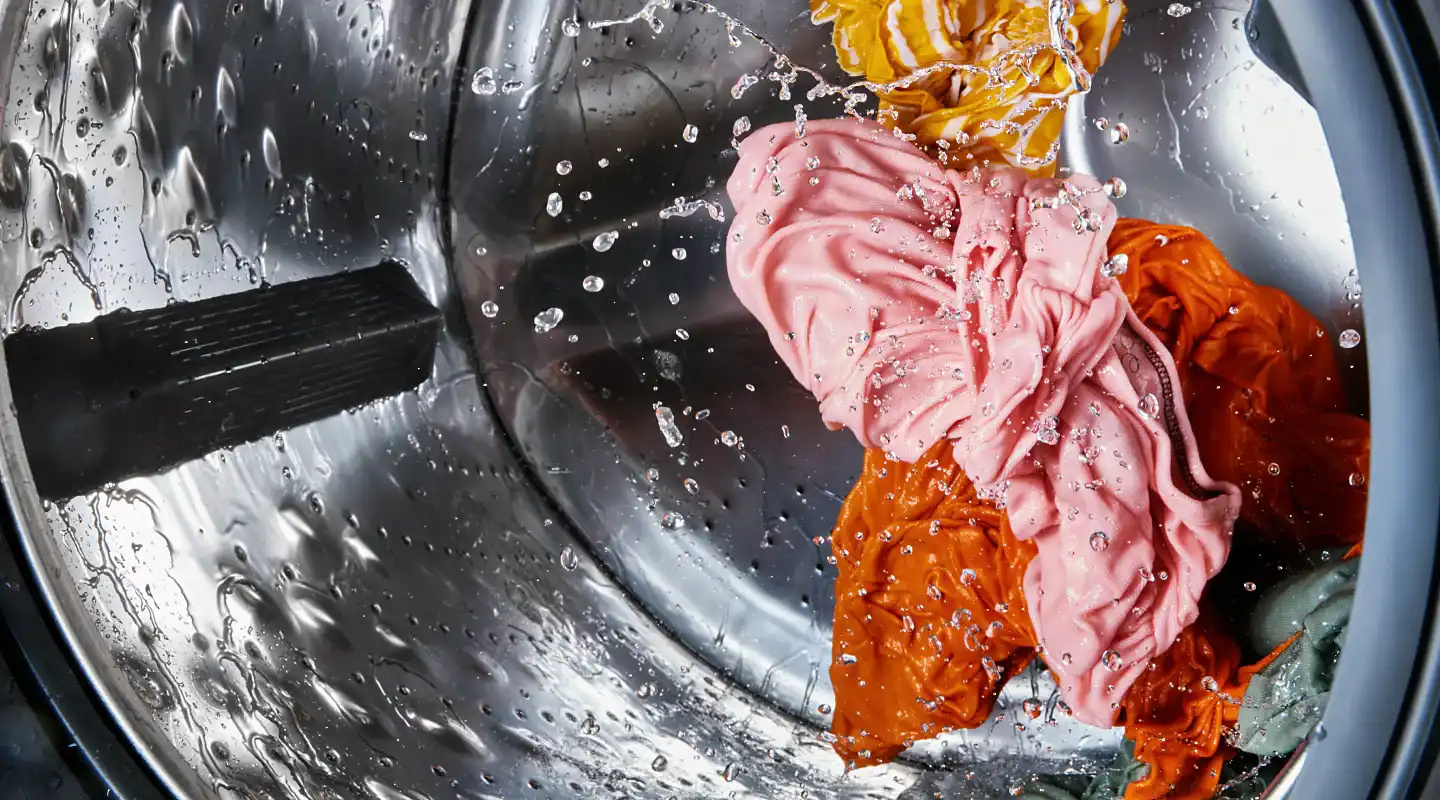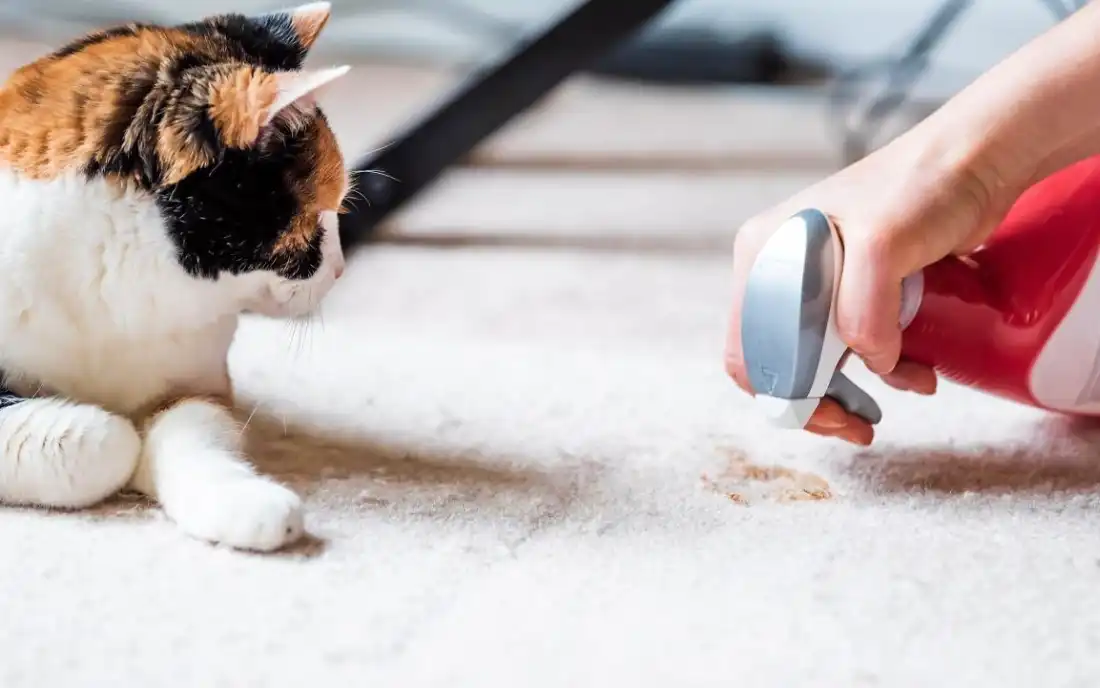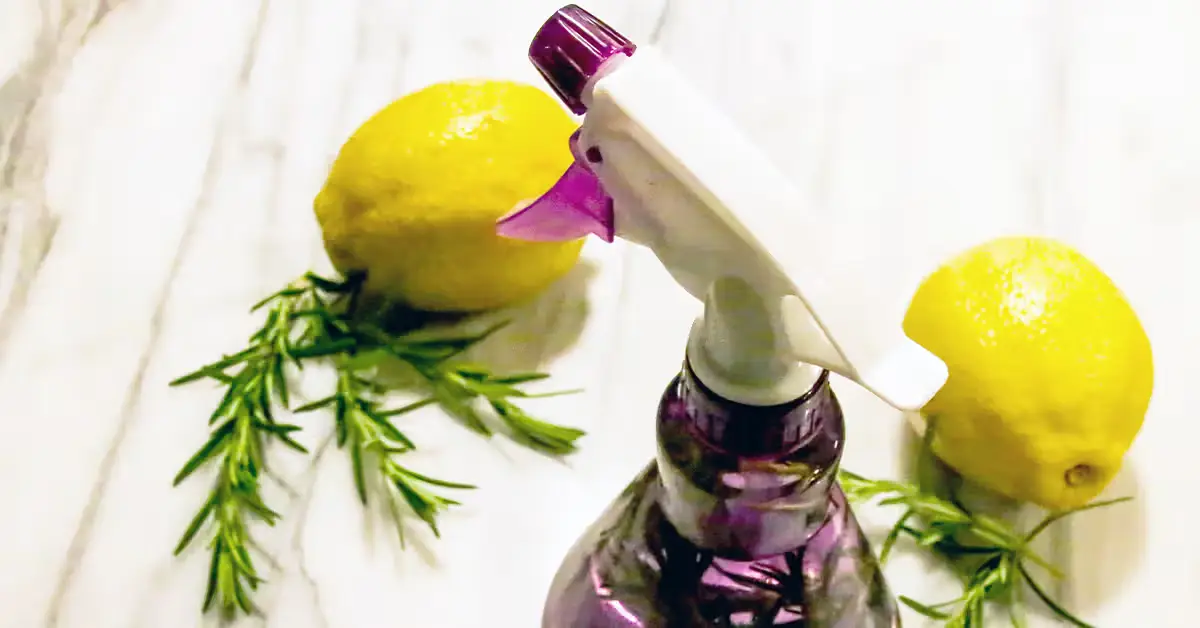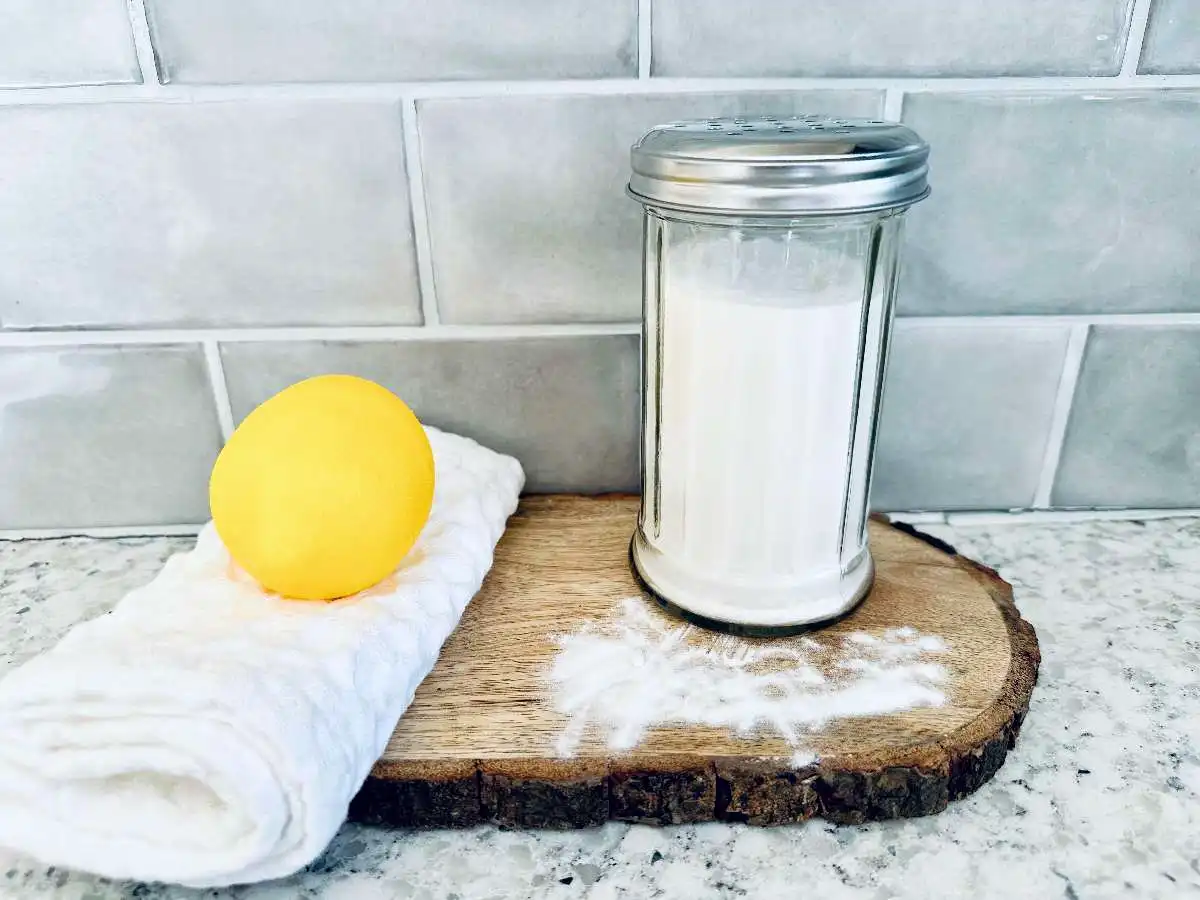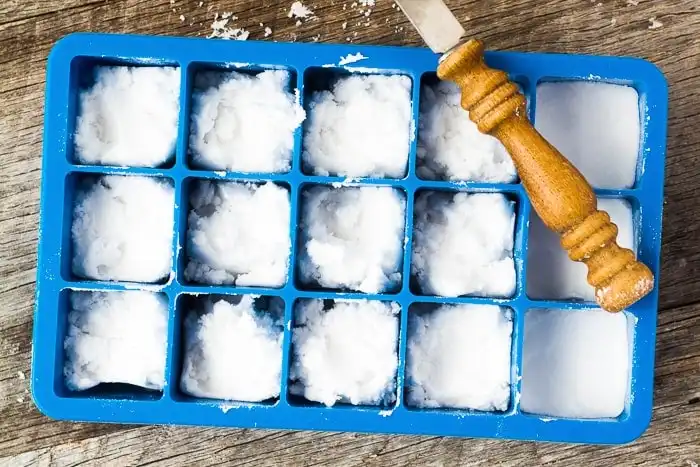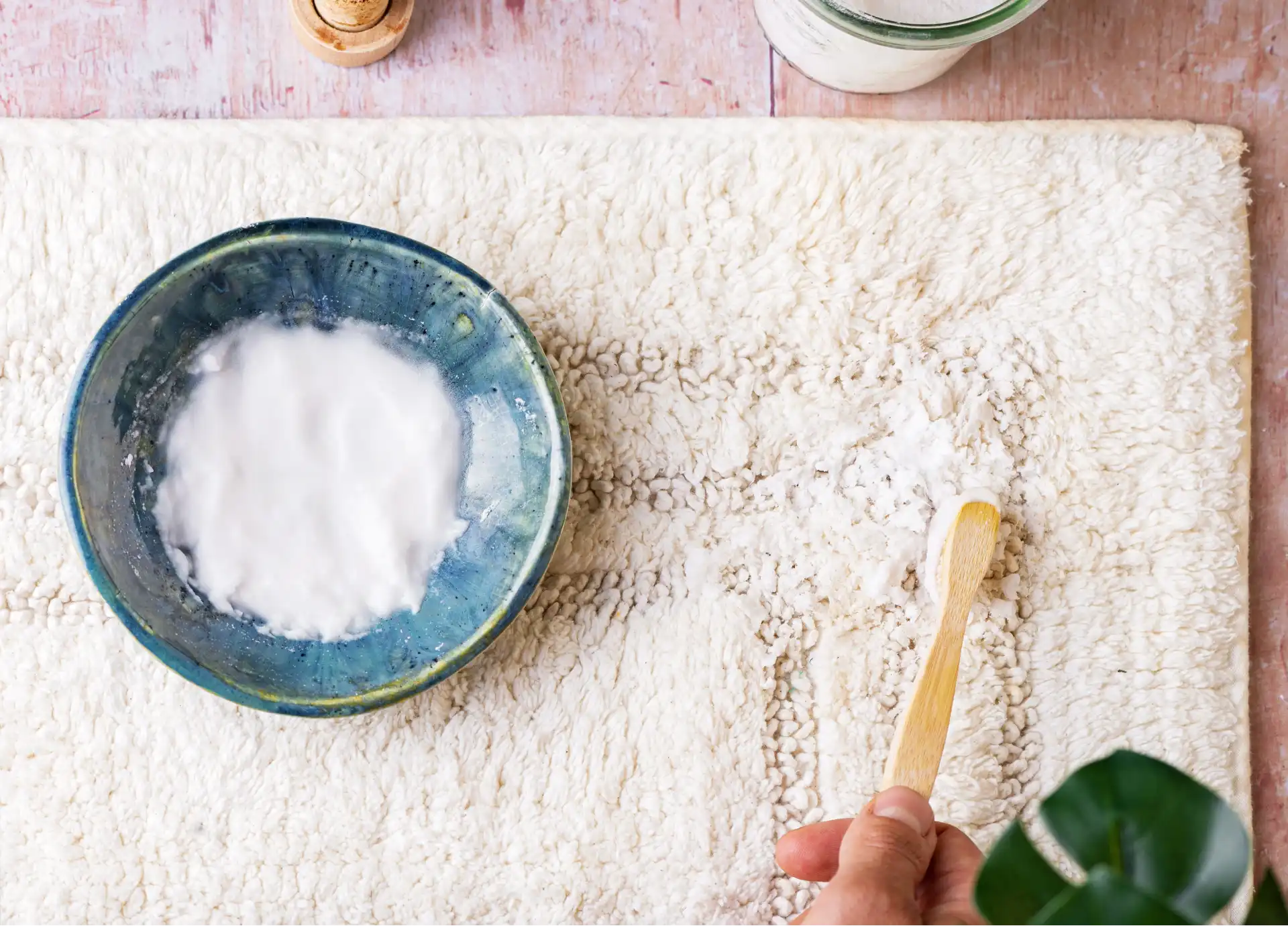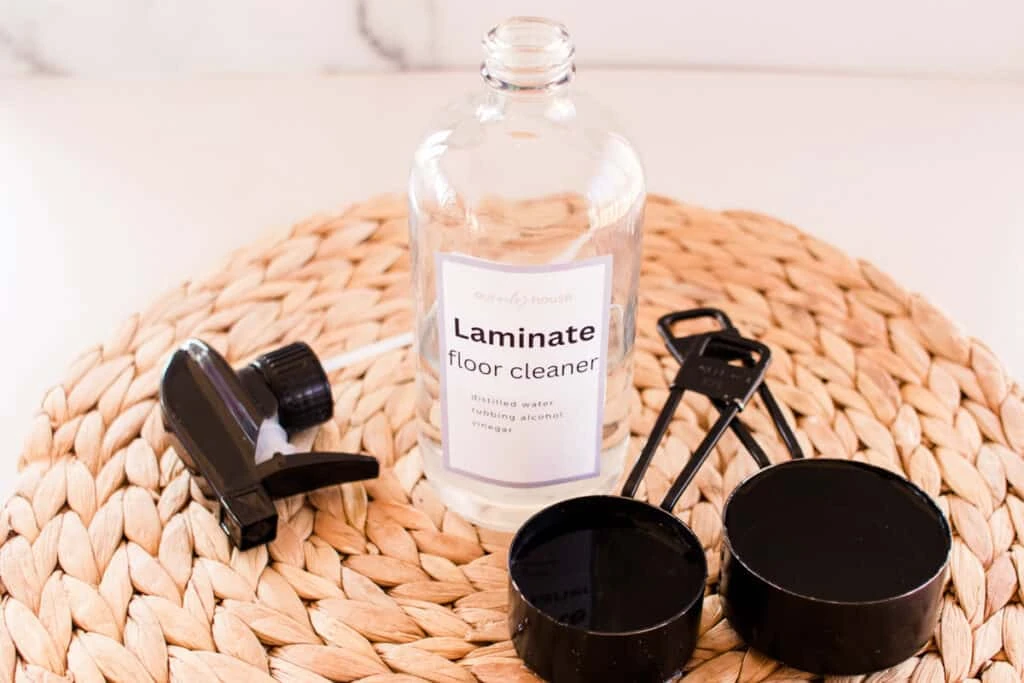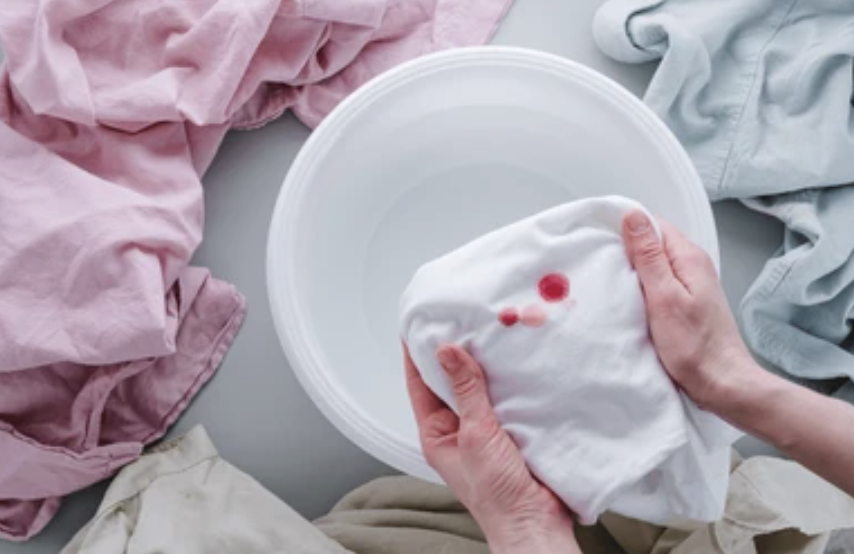
Vinegar for laundry is a multi-purpose, eco-friendly household aid used in many home applications. It stands out as a cost-effective and efficient way to tackle the laundry ills that confront most of us: softening fabrics, lightening whites, and removing tough stains.
In this article, we will be talking about the best vinegar for laundry. Let us give guidelines on how to prepare fragrant vinegar for laundry and when to avoid using vinegar in the wash cycle. Keep reading to find out how this simple ingredient can revolutionize your laundry cycle.
What Type of Vinegar Is the Best for Laundry?
White vinegar for washing clothes: It’s so useful for treating fabrics! Clear in color and dye-free, white vinegar (between 4 and 7% acidity) can be a very helpful cleaning tool without harming fabrics.
Apple cider vinegar is another choice for a laundry rinse, but it’s not as popular. Apple cider vinegar is darker than white grape and less concentrated in acetic acid; therefore used slightly differently for other cleaning purposes.
How to Use Vinegar for Laundry?
Vinegar is one easy and effective laundry solution to help with everything from cleaning your clothes, removing stains, getting rid of odors like cigarette smoke, brightening whites up, and even softening fabrics. Read how to use vinegar for washing clothes in detail, step by step:
1. For General Laundry Cleaning
Use vinegar instead of or in addition to laundry detergent
- Step 1: Put ½ to 1 cup of white distilled vinegar into the fabric softener tray or let it run in the washing cycle.
- Step 2: For really dirty loads, you can mix vinegar with your regular detergent by mixing the detergent in the dispenser and vinegar inside during a rinse cycle.
This helps get the clothes clean, keeps them smelling good, and prevents detergent buildup.
2. Pre-treating Stains
Vinegar can help prewash spots of different varieties.
- Step 1: Apply the white vinegar directly over any stains, either undiluted with a rag or from a cleanser bottle.
- Step 2: Next, you will let it sit for 10-15 minutes so the vinegar can really soak into that fabric.
- Step 3: Launder as usual.
For tougher stains, try laundry with vinegar and baking soda by creating a paste mixture. Rub it into the fabric before washing for effective stain removal.
3. Removing Odors
Vinegar is a wonderful deodorizer to tap into if you have more potent smells, such as body odor (sweat), mildew, or smoke.
- Step 1: Soak in cold water for over 12 hours. Add 1/2 cup of white vinegar to the rinse cycle during washing.
- Step 2: For clothing with stubborn odors, soak them in a vinegar-water solution (1 cup of white vinegar per gallon of water) for 30-60 minutes before washing.
Benefits Of Using Vinegar In Laundry
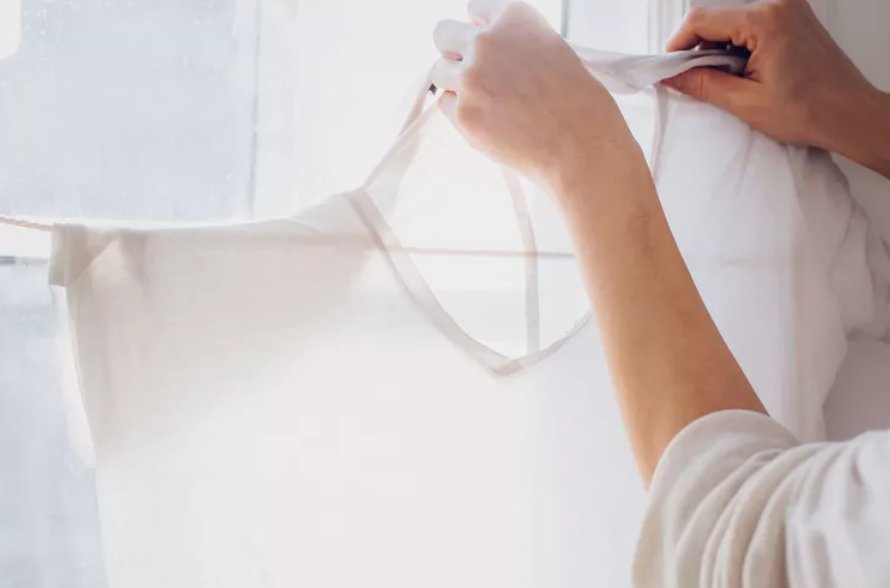
Vinegar laundry benefits are numerous, making it a valuable addition to any laundry regimen. One key benefit is how it helps to remove detergent residue. Acting upon the soap scum residual from laundry detergents by breaking them down, vinegar ensures that clothes come out feeling softer and cleaner.
Vinegar is a natural odorizer that effectively neutralizes powerful odors like sweat or smoke without using chemical-based fragrances.
Its inherent qualities also make it work well to brighten whites and retain the colors of the clothes in fabrics, meaning they do not lose their luster and fade out with time.
Vinegar is an excellent substitute for all commercial fabric softeners as it softens clothes without depositing any kind of residue.
Perhaps most importantly, though, vinegar is eco-friendly, non-toxic, and hypoallergenic, making it a risk-free and eco-friendly choice for someone’s laundry cycle.
Below are the short forms to easily understand the benefits of using vinegar in laundry.
- Odor Removal
- Fabric Softening
- Detergent Residue Removal
- Brightening Colors and Whitening Whites
- Static and Lint Reduction
- Preventing Color Fading
- Removing Stains
- Eco-Friendly and Non-Toxic Cleaning
- Cost-Effective Laundry Solution
- Softening Towels and Reducing Roughness
How to Use Vinegar For White Laundry?
If you want your whites to pop, you just toss some vinegar into your rinse or treat stains with it before washing. And vinegar in the wash will even leave your clothes so very soft, so your whites aren’t only clean but comfy.
Below are bullet points, I have mentioned how to Use Vinegar for White Laundry!!!!
- Add 1-2 cups of white vinegar to the rinse cycle for brighter whites.
- Soak whites in a solution of 1 cup vinegar in 2 gallons of water for an hour to remove stains.
How to Use Vinegar for Black Clothes?
Vinegar is such a great preservative when it comes to keeping dark-colored clothing looking rich and vibrant, fixing dyes, and fading sealed in. In contrast to most commercial products, vinegar does not bleach color out of dark fabrics, so adding it to your wash can work in harmony to help keep black or very dark-colored clothing looking its best while removing the residues from detergent that cause dull-looking fabrics to appear faded.
To use vinegar for black clothes, add 1/2 to 1 cup of distilled white vinegar in the wash cycle. The use of cold water is preferred because it helps reduce color bleeding and further protects dark fabrics.
This ensures that the black clothes stay vibrant, look new, and go longer with less appearance of wear and fading even after multiple washes.
How to Use Vinegar for Laundry Stains?
Using vinegar for laundry stains is a really cool, natural trick to get rid of all sorts of stains. This acid is good at breaking down and dissolving stains, so it would be perfect for getting rid of a few everyday issues like sweat marks, deodorant buildup, coffee spills, and grass stains, just to name a few.
You can use it completely on almost any fabric without worrying about damage or fading, but smartly try it out first on a small, inconspicuous area.
Vinegar is great at odor removal and stopping those pesky, tough stains from lingering. Therefore, it is basically like a must-have, eco-friendly weapon in your arsenal of stain-fighting.
It works perfectly on sweat, deodorant, coffee, and grass stains.
- Safe for most fabrics; test on delicate materials first.
- Neutralizes the odor while removing stains.
- It helps prevent stains from becoming permanent.
- Eco-friendly alternative to chemical stain removers.
How to Use Vinegar as a Fabric Softener?
Vinegar is an excellent fabric softener, providing a natural means for keeping all your clothes soft and fresh. Because it’s acidic, it breaks down those residues from detergents that cause fabrics to feel scratchy.
This over-the-counter softener doesn’t contain any artificial fragrances or dyes, making it ideal for sensitive skin.
It also reduces the pH balance in the wash, which contributes to static cling removal and helps keep colors looking bright.
- Dissolves detergent buildup for a softer feel
- Great pick for anyone with allergies or sensitive skin
- Helps maintain color brightness and reduce static cling
- Eco-friendly and budget-friendly alternatives to commercial options
How to Use Scented Vinegar for Laundry?
Scented vinegar works just as well as regular vinegar in cleaning up, but will leave your laundry smelling nice, too. It’s very great for people who prefer the rewards of vinegar but can’t stand the smell.
Scented vinegar can help soften your fabrics, remove buildup detergent residue, and make sure your clothes smell fresh, so it is a solid choice for your everyday laundry and stuff like towels, bed linens, and workout clothes.
- Add a little extra during the rinse cycle for that extra oomph of freshness.
- Ideal for anyone who abhors the smell of normal vinegar.
- It’s good for towels, sheets, and gym clothes to keep them smelling fresh.
How to Use Vinegar and Essential Oils for Laundry?
Mixing vinegar with essential oils is a pretty cool and easy way to spice up one’s laundry game. Essential oils bring in all kinds of nice, chill, or energizing scents, and the vinegar helps make your fabrics softer and gets rid of all bad smells.
It’s really quite useful for people who like natural smells rather than fake stuff sold in store-bought softeners.
- Just add a few drops of essential oils- whether lavender, eucalyptus, or lemon-to a cup of vinegar and then toss it into the rinse cycle.
- The essential oils help mask the sharp vinegar smell, and your garments will have a pleasing and fresh fragrance.
- It’s great for bedding, towels, and baby clothing, as it has a sweet, silky scent.
When to Avoid Vinegar in Laundry?
Vinegar is actually a pretty good natural cleaner and fabric softener for your laundry, but not exactly right for every type of fabric and situation. It’s that strong acidity that can mess with some materials and treatments and end up doing more harm than good.
So it’s really important to know when to avoid the vinegar in your laundry routine so your clothes and your appliances are really doing well.
Delicate Fabrics
First, you don’t want to expose delicate fabrics made from materials like silk, wool or acetate to vinegar. Those materials have extremely sensitive fibers that can become weakened or messed up because of vinegar’s acidity, making them feel rough or even fall apart over time. These fabrics can quickly lose their softness and natural shine if you expose them to vinegar.
Mixing with Bleach
Another dangerous situation you have to avoid is mixing vinegar with bleach. Their mixture produces deadly chlorine gas, a chemical that can cause significant health hazards and respiratory problems when inhaled.
Although the chemical reaction between bleach and vinegar might be less in a few grams, it can make your laundry area unhygienic.
Impact on Washing Machines
Vinegar, in washing machines, can be quite destructive if done too frequently, as it has acidic properties. Although detergent residue might be removed or the washer deodorized, the acid, when left inside for a long period of time, may cause the rubber seals, gaskets, and hoses within the machine to degrade.
Leaks may soon occur, efficiency reduced, or it becomes worthless to do repairs. Use vinegar only by checking with your washing machine manufacturer’s recommendations if you choose to use this cleaner regularly.
Effects on Treated Fabrics
Vinegar will mess with the special finishes on some clothes. Some fabrics get those water-repellent or flame-resistant treatments, especially in outdoor stuff or kids’ PJs. Vinegar can wash away those treatments, making the clothes less effective.
That makes a big difference for gear designed to keep you dry or safe, it will ruin how they’re meant to work.
